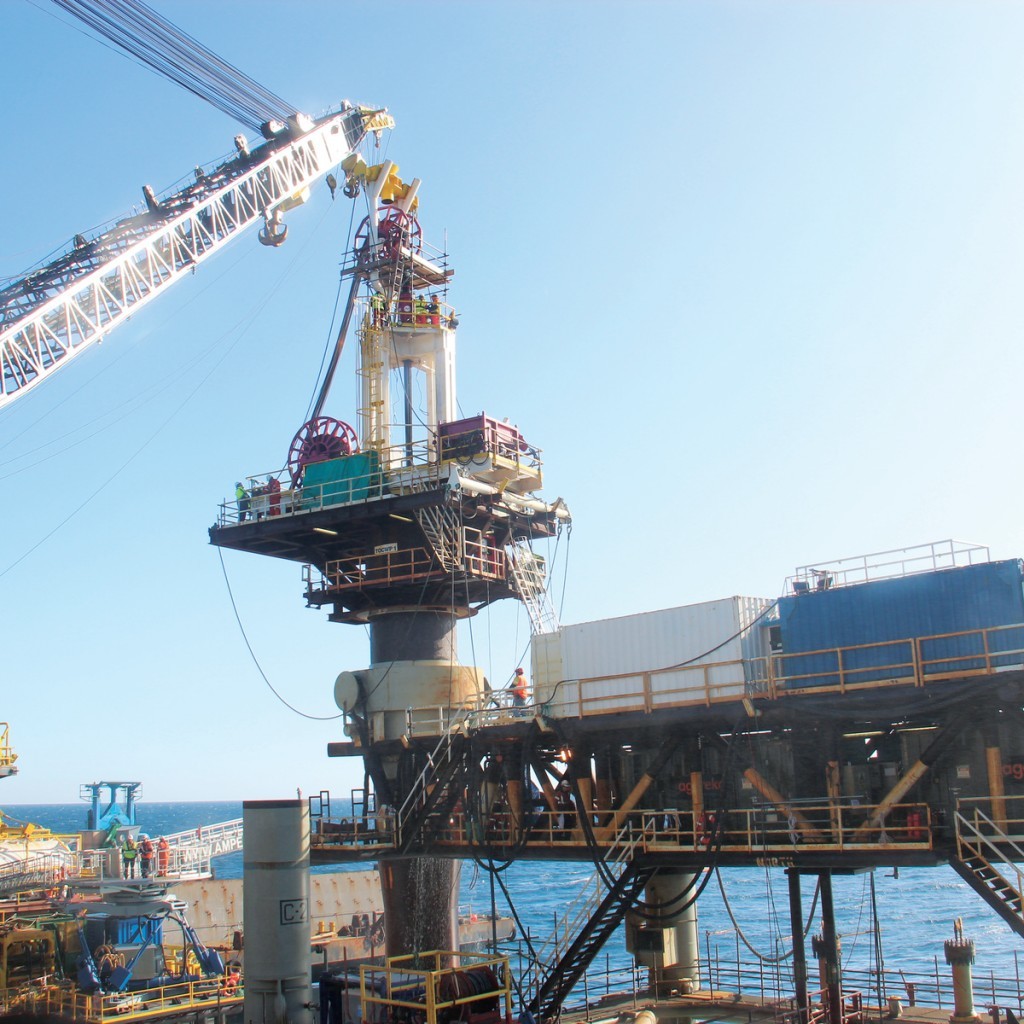
Whilst the recent oil and gas decline is having a considerable impact on the local and national economy with employment and business confidence levels in particular taking a hit, this slump is also having detrimental consequences to the industry’s finances.
Powering the North Sea is a complex and costly operation. As companies look to protect profit margins and reduce overheads, an energy strategy that minimises costs needs to be considered. Only by doing so will firms be able to a step ahead of the competition.
Enhancing the efficiency of offshore operations and minimising losses was a key objective of the 2nd Annual Offshore Production Optimisation Conference in Aberdeen earlier this month. An efficient energy source plays a vital role – reducing fuel costs, protecting production levels and mitigating the risk of unplanned expenses associated with power loss.
In fact, industry analyst Wood Mackenzie has predicted that the cost of offshore exploration will fall by 30% in 2016, with one of the results being improvements to efficiency which they foresee contributing 5% to this reduction .
Of course on the other hand, as the end of some North Sea oil fields nears and the decommissioning industry grows, further demands for flexible, cost effective power sources will influence energy strategies. It is thought the decommissioning of North Sea facilities between now and 2040 will cost tens of billions of pounds. Adopting innovative and effective power generation technology will play a huge role in reducing this expense.
One of the major ongoing costs for oil and gas producers is the expense of powering their Floating, Production, Storage and Offloading (FPSO) vessels and this cost will only rise as more exploration further offshore is required. Conducting loadbank testing of FPSOs power systems prior to completion is vital to ensure they will meet capacity needs when fully operational. Not only does this process mitigate the risk of power loss and associated costs, it also ensures production levels are met throughout the duration of the production and voyage periods.
Whilst platforms tend to adopt permanent gas generators, mobile modular power plays an important role during both planned and unplanned maintenance. Firstly, contingency back-up plans adopting temporary power are vital to maintaining high levels of production, safety and of course profits. Secondly, its flexibility allows for fast implementation, avoiding long periods without power. Aggreko’s 20 foot stackable containerised generators for example, which are designed to be easily transported by sea, air or land, minimise downtime and square footage required on-site.
As the industry continues to be in a state of flux and companies face the growing challenge of reducing costs whilst maintaining production levels, efficient power strategies are key to protecting profit margins. Whether it’s during the commissioning phase of FPSOs or unplanned maintenance on platforms, modular power can directly and indirectly contribute to falling costs.
Dan Ibbetson is Aggreko managing director for Northern Europe.
Recommended for you
